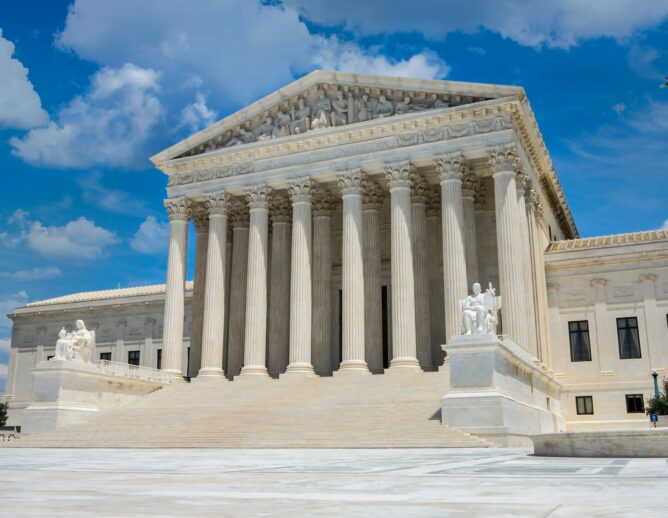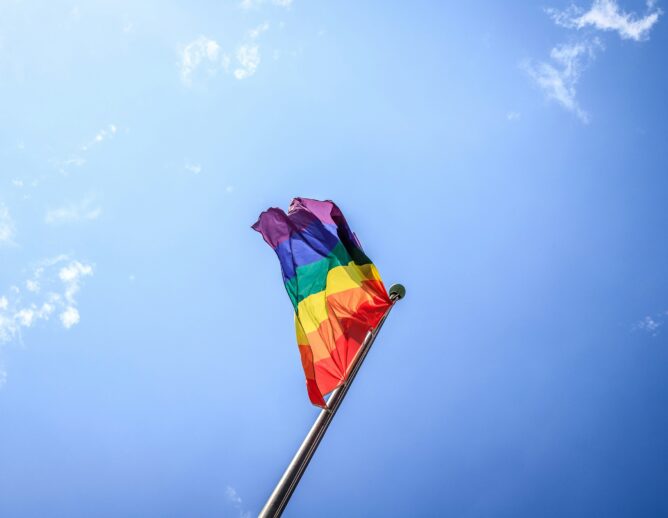Ever since WHO declared the end of Ebola virus transmission in West Africa in June 2016, the world has wondered when (not if) they would see Ebola again. In May 2017, the virus reemerged from its secret jungle lair, but not before a brief panic in Liberia just a few weeks prior that would briefly catch the world’s attention.
On Sunday, April 23, 2017, a funeral for a religious leader took place in Greenville, Liberia, a small coastal city approximately 150 miles southeast from the capital city of Monrovia. Later that day, an 11-year-old girl that attended the funeral was admitted to a hospital with symptoms of diarrhea, vomiting, and confusion; she died that evening. Another patient with similar symptoms arrived the next day on Monday; on Tuesday, April 25, 14 people arrived. In the days that followed, 31 cases would be reported, including 13 deaths, several of which had attended that funeral.
Traditional funeral ceremonies were one of the elements that amplified the West African Ebola outbreak of 2014-16. In some communities, these ceremonies may include activities that can potentially spread disease from the recently deceased to uninfected mourners — from grievers making contact with the deceased, to family members or traditional healers preparing and cleaning the corpse by hand. Illness and fatalities linked to a funeral attendance would almost certainly raise alarms of a potential Ebola resurgence, and prompt an aggressive investigation.
But Liberia’s health workers are now better trained, “post-Ebola”, to monitor and report suspicious events on the off-chance that an outbreak is linked to Ebola. That Tuesday, an investigative team was dispatched from Monrovia to Greenville, and simultaneously, patient samples were sent to Monrovia for testing. The samples arrived that same day, and that evening, laboratory testing ruled out Ebola.
And so it was that on Wednesday, April 26, the report was sent out around the world about the outbreak, along with the emphatic statement that Ebola had been “ruled out” (the disease in question was later determined to be meningitis). It’s not often that a disease outbreak is newsworthy due to not being Ebola, but it is understandable that all West Africa, and particularly Liberia, is on high alert in case the virus returns.
As time goes on, this event will likely be forgotten. But for the moment, let us appreciate this visible, positive outcome. The framework that has been put in place in Liberia “post-Ebola” is designed to integrate and improve the detection of and response to diseases. The amount of time needed for transporting and analyzing samples has been greatly reduced. Not only does it seem that Liberia “learned” from the 2014-16 outbreak, they have endeavored to improve the necessary elements for Ebola readiness. The Greenville meningitis outbreak may have been a “false alarm”, but it gave Liberia a moment to shine.
As we stay tuned to the waning days of the current Ebola outbreak in Likati, Democratic Republic of Congo, we will inevitably ask more questions of Ebola readiness, and whether we have “learned” from the West Africa pandemic. Liberia, it appears, has.



